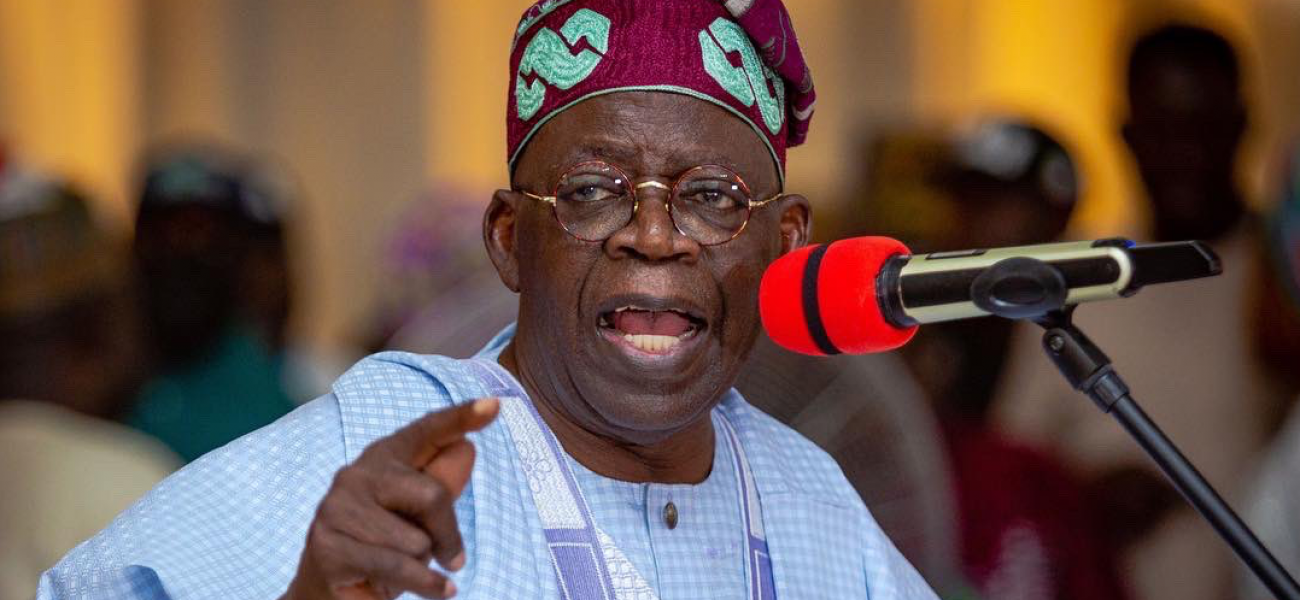On Tuesday, 18 March 2025, Nigerians were taken aback as President Bola Ahmed Tinubu, in a nationwide broadcast, proclaimed a state of emergency in Rivers State. In a move that has since generated widespread debate, he suspended the elected State Governor, his deputy, and the entire State House of Assembly for six months, appointing an Administrator to oversee the affairs of the State. The President justified these extraordinary actions by citing the provisions of section 305 of the 1999 Constitution of the Federal Republic of Nigeria (as amended). However, a close examination of the Constitution reveals that this proclamation is not only legally dubious but also an overreach of executive power.
Section 305 and the Limits of Presidential Power
Section 305 of the Nigerian Constitution provides the framework under which a state of emergency may be declared. Specifically, the President may issue a proclamation of a state of emergency only in defined circumstances, including war, breakdown of public order, natural disasters, or a clear and present danger to the security of the country or any part thereof. However, such a proclamation is subject to strict procedural safeguards. Notably:
- The President must first receive a request from the Governor of the State in question, except where the Governor is unable to make such a request.
- The proclamation must be published in the Official Gazette.
- Crucially, the proclamation must be presented before the National Assembly for approval within two days (if in session) or ten days (if not in session), failing which it ceases to have effect.
Nowhere in section 305 is the President empowered to unilaterally suspend the Governor, Deputy Governor, or members of the State House of Assembly. The Nigerian Constitution is explicit in its commitment to federalism, ensuring that State governments retain their autonomy. By removing elected officials and imposing an Administrator, President Tinubu has taken a step that is not supported by the Constitution.
Section 11: Misinterpretation and Overreach
Some legal analysts have pointed to section 11 of the Constitution as potential justification for the President’s actions. Section 11(4) and (5) provide that in situations where the House of Assembly is unable to perform its functions, the National Assembly may legislate for that State. However, even this provision does not grant the President the power to unilaterally dissolve a State government.
Moreover, section 11 primarily deals with legislative powers and does not extend to executive functions, let alone authorize the appointment of an unelected Administrator. The intent of the drafters of the Constitution was never to vest in the President the power to arbitrarily remove elected officials outside the constitutional impeachment process.
A Dangerous Precedent for Democracy
The actions taken by President Tinubu set a dangerous precedent that, if unchallenged, could fundamentally alter Nigeria’s democratic structure. The Constitution establishes clear procedures for the removal of State officials, including impeachment under section 188 for Governors and Deputy Governors, and recall for legislators under section 69 and 110. The President’s unilateral suspension of elected officials disregards these constitutional provisions, undermining democratic governance and the principle of separation of powers.
If the President’s actions are allowed to stand, future administrations may exploit this as a precedent to arbitrarily remove State officials under the guise of emergency powers. This not only erodes democracy but also concentrates excessive power in the hands of the Executive, in violation of the spirit of constitutional federalism.
The Way Forward: Upholding Constitutional Order
President Tinubu’s proclamation of a state of emergency in Rivers State will however need to gain support in the National Assembly, to avoid its lapsing. Section 305 (6) of the Constitution provides that the National Assembly, if in session (and it is right now), must vote by two-thirds majority of its members in separate votes in the Senate and in the House of Representatives for the proclamation to stand. If not in session, they will be required to convene within ten days for the vote.
It is unclear if the President’s proclamation will garner the needed votes to stand. Although party lines are blurred in the National Assembly, the ruling All Progressives Congress party (APC) of Tinubu only has a total of 155 out of a total of 360 seats in the House of Representatives. It will need at least 240 votes to pass the proclamation. In the Senate, where the APC has 60 members, at least 72 members must vote in support for the proclamation to succeed. Should the President fail to obtain legislative approval, the Governor and the State legislators must be returned to their positions within the next few days.
The Nigerian legal community, civil society organizations, and the National Assembly must take urgent steps to challenge this unconstitutional action. The National Assembly should refuse to approve the proclamation if it is found to be inconsistent with the Constitution. Additionally, affected officials and concerned stakeholders should seek judicial intervention to affirm the illegality of the President’s actions.
Nigeria’s democracy thrives on adherence to the rule of law. Any deviation from constitutional principles—no matter how well-intentioned—must be resisted. The Constitution does not give the President absolute power, and the unlawful suspension of Rivers State’s duly elected officials must not be allowed to stand.
Conclusion
President Tinubu’s proclamation of a state of emergency in Rivers State and his subsequent suspension of elected officials constitute a clear overreach of executive power. Neither section 305 nor section 11 of the Constitution grants the President the authority to take such actions. If allowed to go unchecked, this act will undermine Nigeria’s federalism and set a dangerous precedent for future administrations. It is imperative that all democratic institutions rise to the occasion to defend the Constitution and prevent the erosion of Nigeria’s hard-earned democracy.

